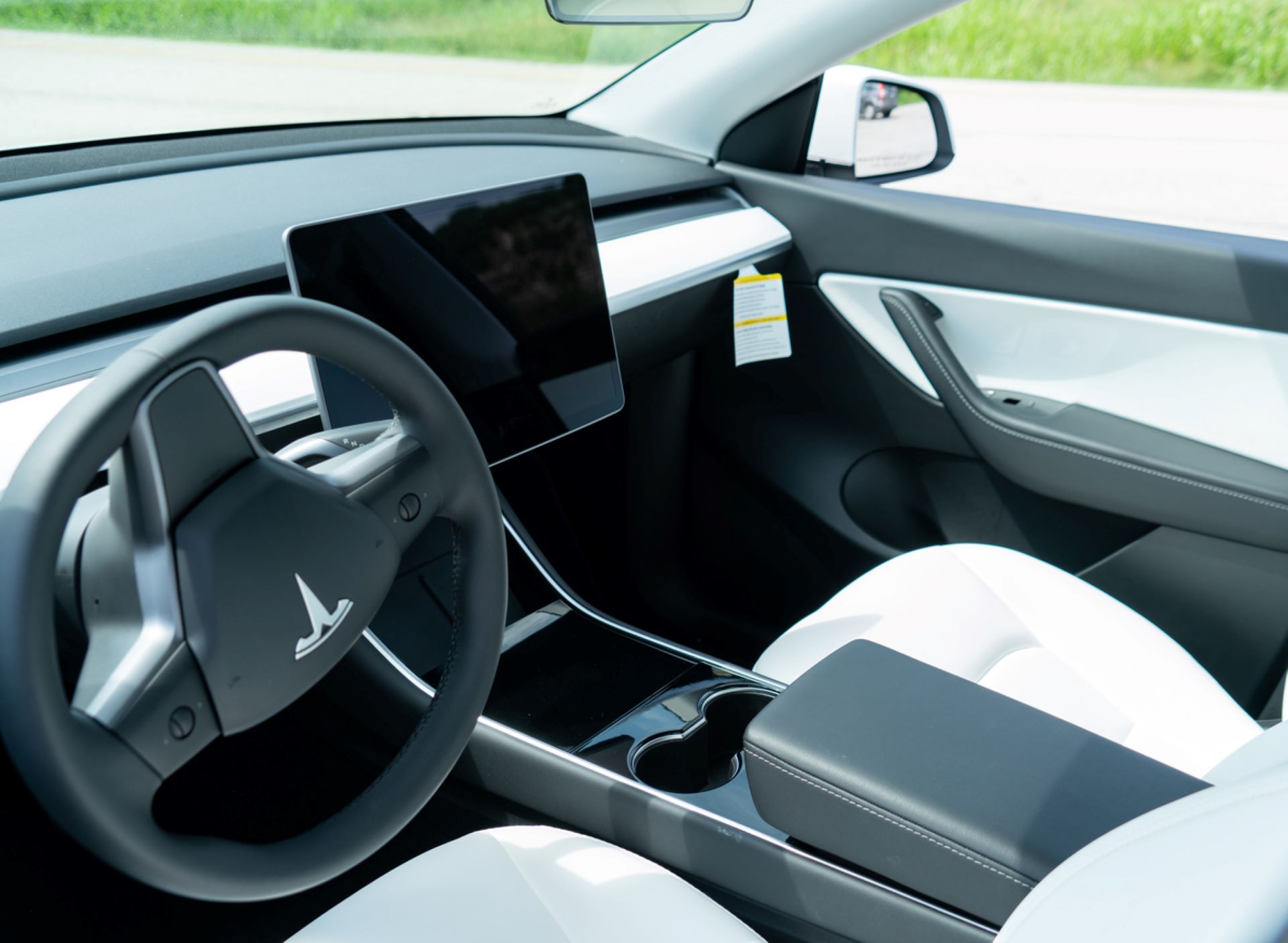Tesla has been at the forefront of the electric vehicle movement. But has also pioneered another aspect of the car industry — software-defined vehicles, or SDVs — that has not been quite as universally popular.
SDVs basically mean that some Tesla features, which are already built into the cars, are locked behind a paywall, requiring customers to pay extra if they want to use them. Some features in this category include a heated steering wheel, footwell lights, an "acceleration boost," or the brand's $15,000 Full Self-Driving feature.
Now, a group of hackers has discovered a way to "jailbreak" those paywalled features, and it looks like Tesla can't do anything about it.
The team of hackers from Germany — a security researcher and three Ph.D. students — figured out a way to trick Tesla's Media Control Unit (MCU) into thinking that certain purchases had already been made.
The reason that Tesla is powerless to stop it is that the MCU operates using a computer processor made by another company, called AMD. The hack targets AMD's technology instead of Tesla's proprietary tech.
In order for Tesla to stop this hack from spreading, it would have to physically swap out the MCUs in its cars with a new type of processor. That said, it's possible the practice could invalidate warranties or other software updates if ever detected by Tesla, as is often the case with mobile phone and video game hardware.
The German team of hackers presented their findings at the BlackHat 2023 cyber security event, where they dove into technical details of their exploits, potentially allowing other tech-savvy Tesla drivers to jailbreak features on their own. Robert Vamosi of Mayhem Security noted this was unlikely to be the last hack for Tesla or any other manufacturer.
For customers who have had issues with Tesla's SDVs in the past — the company has been forced to settle multiple lawsuits around its automatic software updates, which customers have alleged have violated their consumer rights — this news could be taken as a bit of schadenfreude.
For Tesla, though, the news is surely worrying, as getting customers to make what are essentially in-app purchases after they have already bought a car is a big part of the EV maker's business model.
But the company also has other things to worry about at the moment, including the revelation that it rigged its range-estimating software and formed an internal division to lie to customers about it.
Join our free newsletter for weekly updates on the coolest innovations improving our lives and saving our planet.









